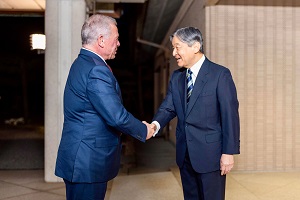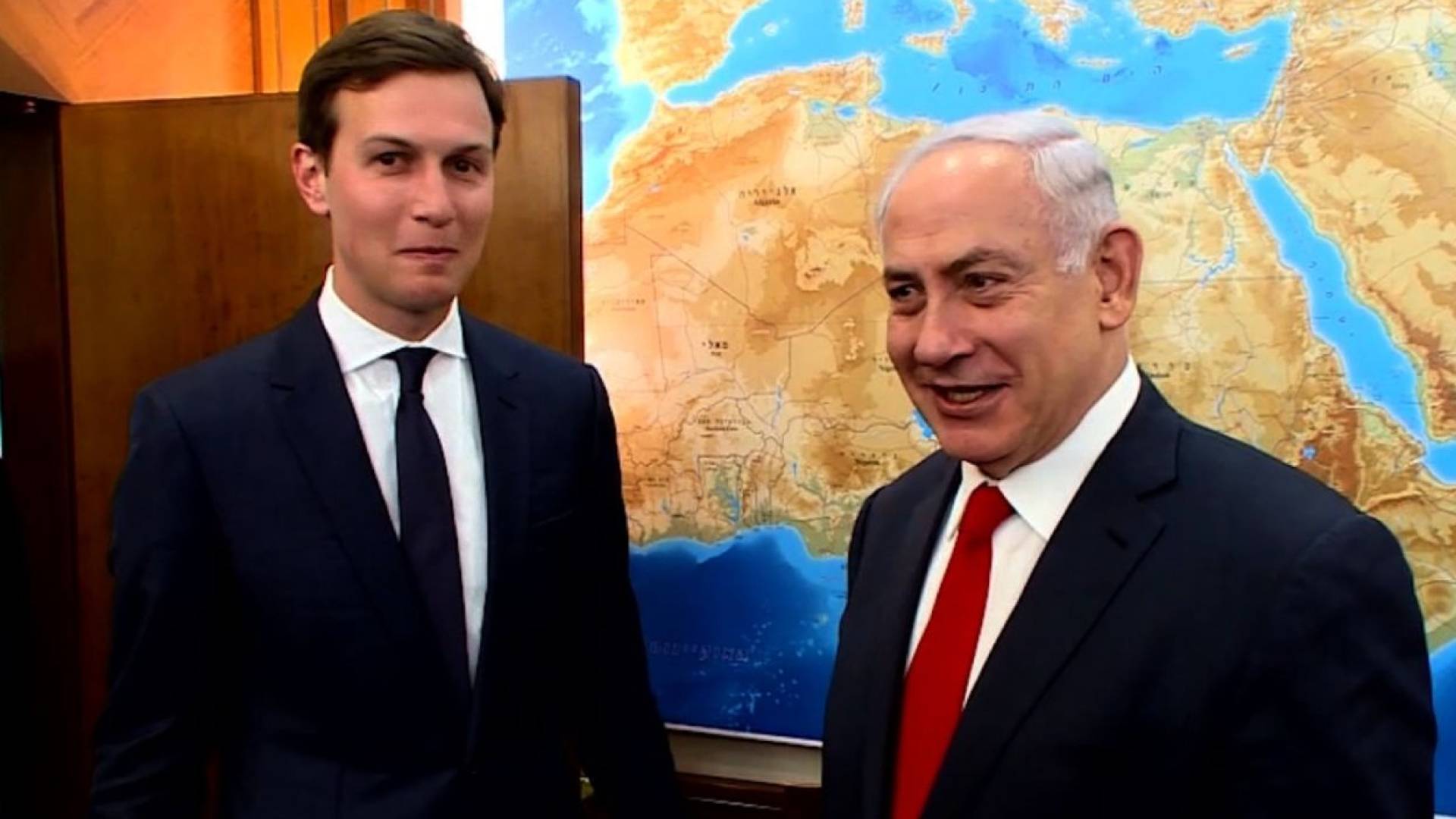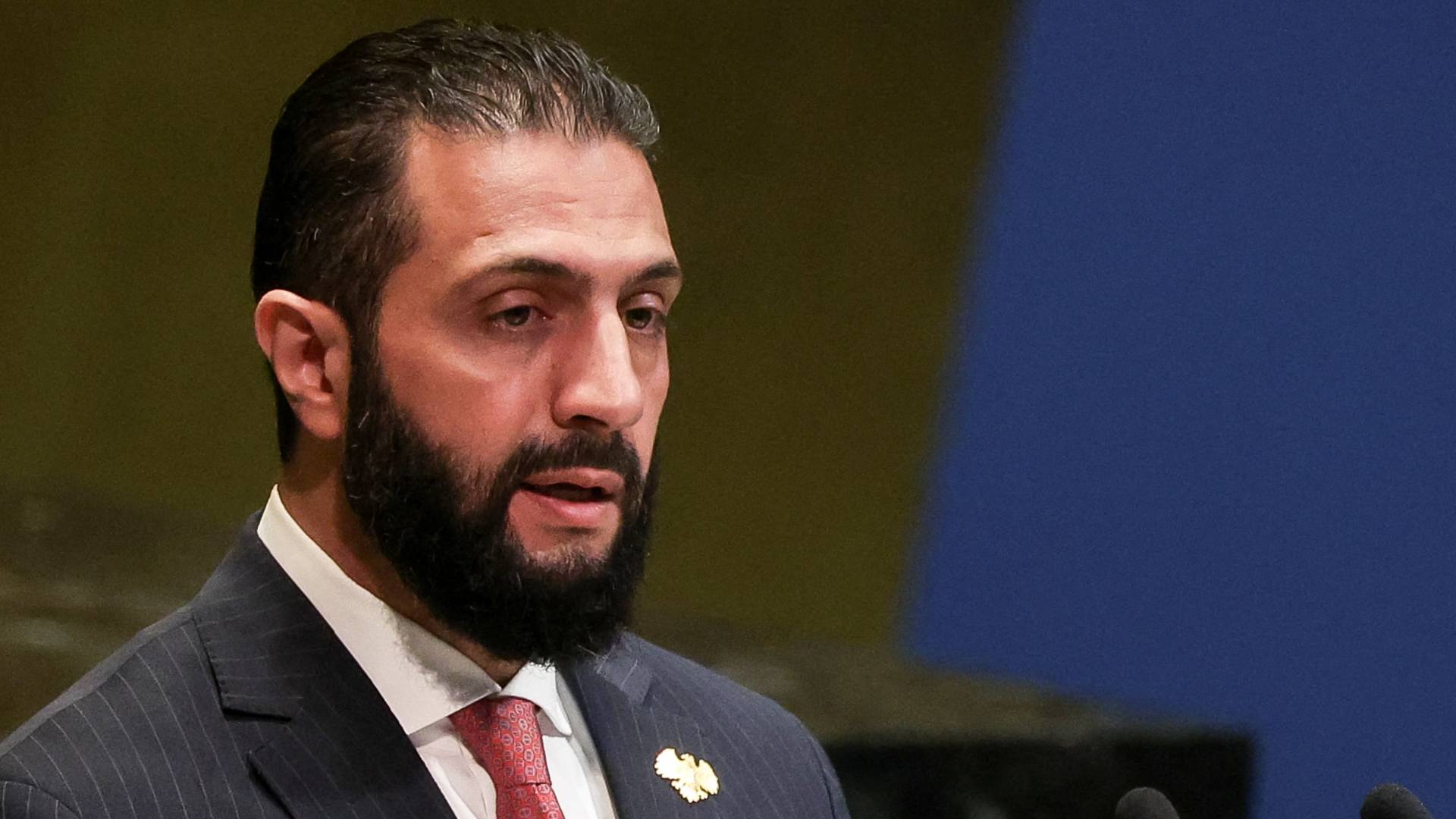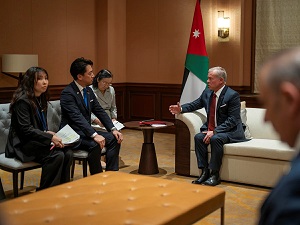Turning East: The dimensions of King’s visit to Asia - By Hasan Dajah, The Jordan Times
His Majesty King Abdullah departed the Kingdom Saturday for Tokyo, the capital of Japan, at the start of a comprehensive Asian working tour that includes, in addition to Japan, Vietnam, Singapore, Indonesia and Pakistan. His Royal Highness Crown Prince Hussein was sworn in as Regent in the presence of the Cabinet, a customary constitutional procedure ensuring the continuity of governmental and constitutional work during His Majesty’s travels. However, the significance of this visit transcends diplomatic protocol, carrying within it a comprehensive political and economic message reflecting a new strategic orientation towards the East.
In recent years, the world has become multipolar, and international relations are no longer confined to the Middle East and the West, but have extended to Asia, where the global economy is accelerating, new economic alliances are forming and successful models of development and industrial and technological growth are emerging. This highlights the importance of this royal tour, which comes at a time when the region faces political and security challenges, while Jordan is clearly seeking to diversify its sources of cooperation and economic support, and reduce its reliance on traditional markets.
The tour begins in Japan, a country with which Jordan has enjoyed deep and stable relations for decades. Tokyo has always been a steadfast supporter of Amman, whether through investments or development aid. The visit carries clear economic objectives, most notably: attracting new Japanese investments, strengthening cooperation in the energy sector, particularly renewable energy, exploring transportation and water projects, and advancing cooperation in technology and industrial innovation. Japan is currently one of the most important investors in major infrastructure projects, and Jordan has a real opportunity to expand its partnership with it, especially given Jordan's capabilities in solar energy and its digital transformation strategies.
From Tokyo, the tour continues to Vietnam, one of the world's fastest-growing economies and an attractive industrial environment for global manufacturers. Vietnam is no longer just a model of development; it has become a gateway to larger markets in Southeast Asia. His Majesty's meetings are expected to focus on opening new markets for Jordanian exports and signing cooperation agreements in the pharmaceutical, fertilizer, and logistics sectors. Vietnam offers Jordan an opportunity to experience a successful economic model based on production and exports, which aligns with the country's focus on strengthening domestic industry and promoting exports.
Singapore, a country lacking natural resources, has become a global leader in technology, education, governance, port management and financial services. The visit to Singapore carries a special strategic dimension, as Jordan seeks to benefit from its experience in transforming into a regional financial and business hub, particularly in light of the new economic and investment projects underway in the Kingdom. Cooperation with Singapore will open doors for Jordan to leverage global expertise in smart government management, which will improve the investment climate and enhance government services
The visit to Indonesia adds a political and spiritual dimension. It is the world's most populous Muslim-majority country and an influential member of the Organization of Islamic Cooperation and the G20. The dialogue with Jakarta extends beyond economics to include strengthening political coordination on the Palestinian issue and supporting the rights of the Palestinian people in international forums. The visit is also important for increasing tourism exchange, especially Hajj and Umrah pilgrimages, and boosting trade in agricultural, food, and textile products. The tour concludes in Pakistan, a country with which Jordan shares deep-rooted fraternal ties, military cooperation, and a rich history. Pakistan holds significant geopolitical weight, serving as a gateway to South Asia and possessing industrial capabilities in the defense and technology sectors from which Jordan can benefit. The visit will bolster security and military cooperation and pave the way for increased bilateral trade and joint investments in agriculture and information technology.
This tour comes at a critical juncture regionally and internationally, as the region experiences escalating tensions, and the Palestinian issue remains a central pillar of Jordanian policy. This eastward shift sends a clear message: Jordan is opening to the world, expanding its options, and actively shaping its future rather than waiting for circumstances to unfold. Building new economic partnerships with countries that have successful development experiences signifies a forward-looking approach and the pursuit of more stable and sustainable economic alternatives.
From another perspective, the tour reinforces Jordan's international standing and underscores its pivotal role in regional stability. The countries His Majesty visits view Jordan as a model of moderation and political wisdom, and as an active force capable of building bridges between East and West, and between the Arab world and Asia.
In short, the eastward shift is not merely a business trip, but a strategic vision affirming Jordan's ability to transform geography into opportunity, location into strength, and international relations into an engine for economic growth. It is a step towards enhancing economic independence, expanding partnerships, and solidifying Jordan's regional and global standing.
As His Royal Highness the Crown Prince fulfills his constitutional duties as Deputy to His Majesty the King, Jordan confidently moves towards a new phase based on openness, diversity, and balance in its international relations, serving the interests of the nation and future generations.




